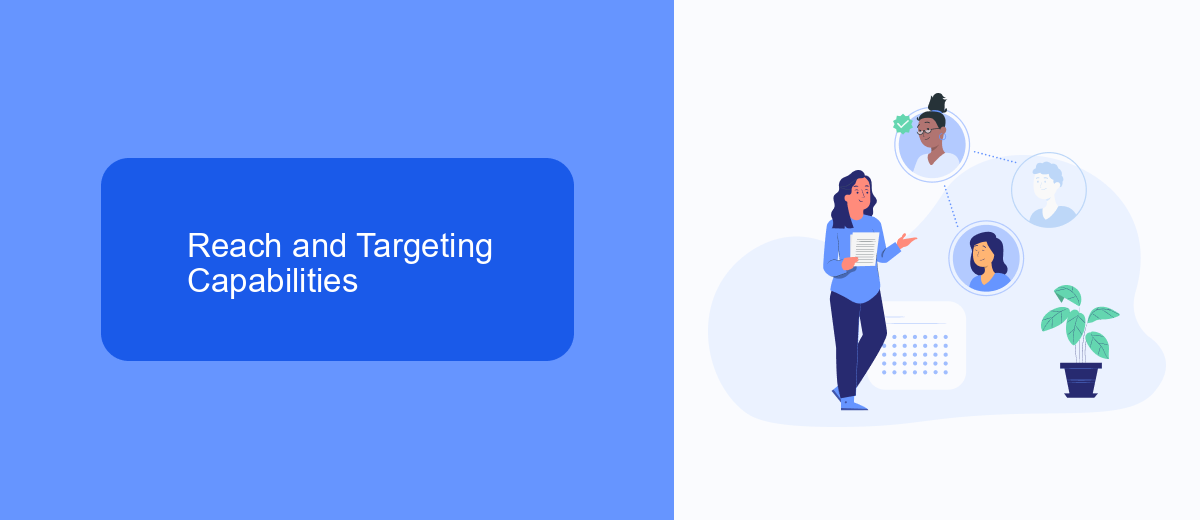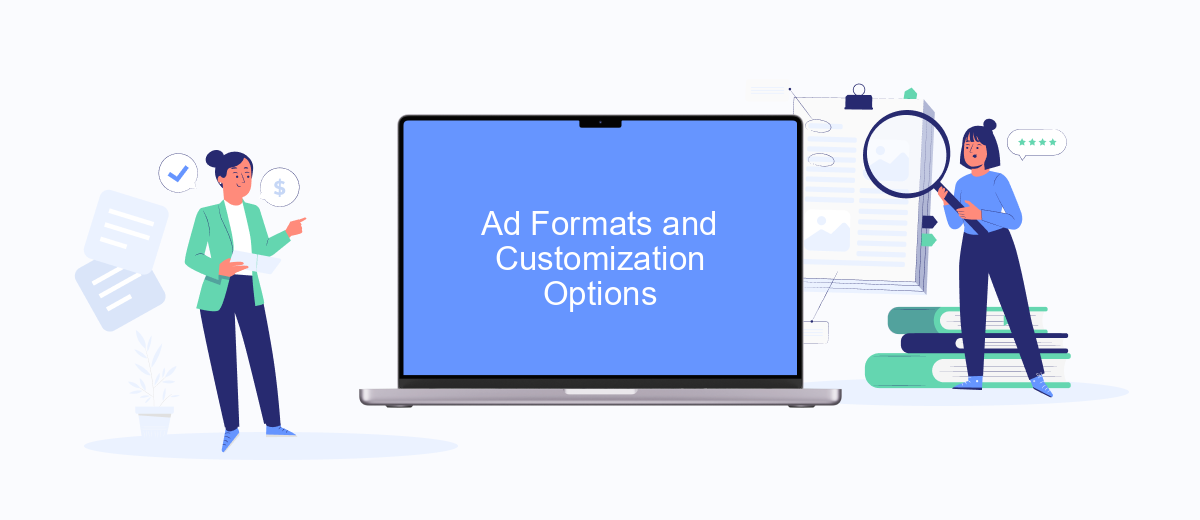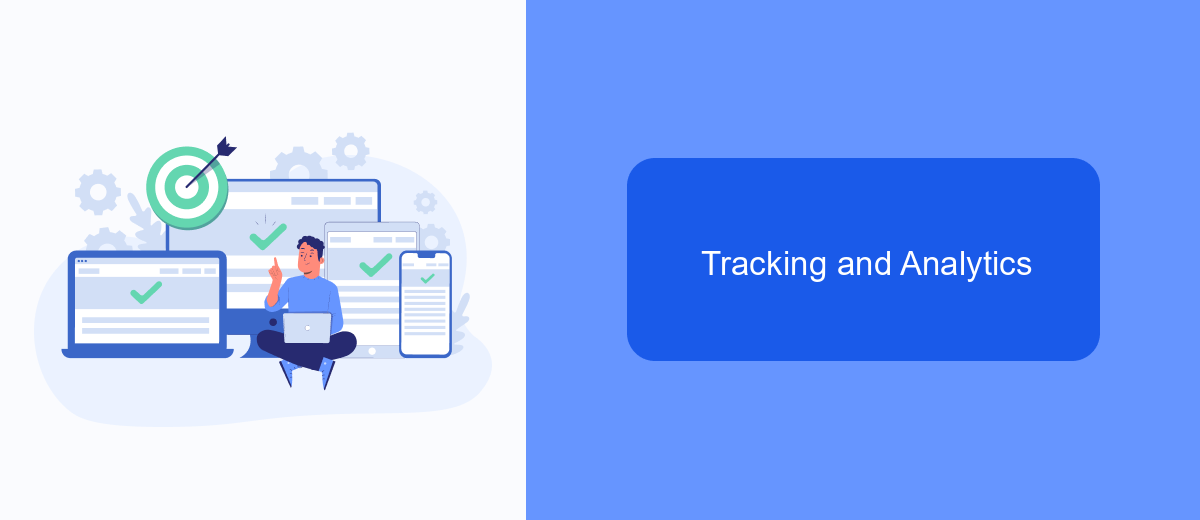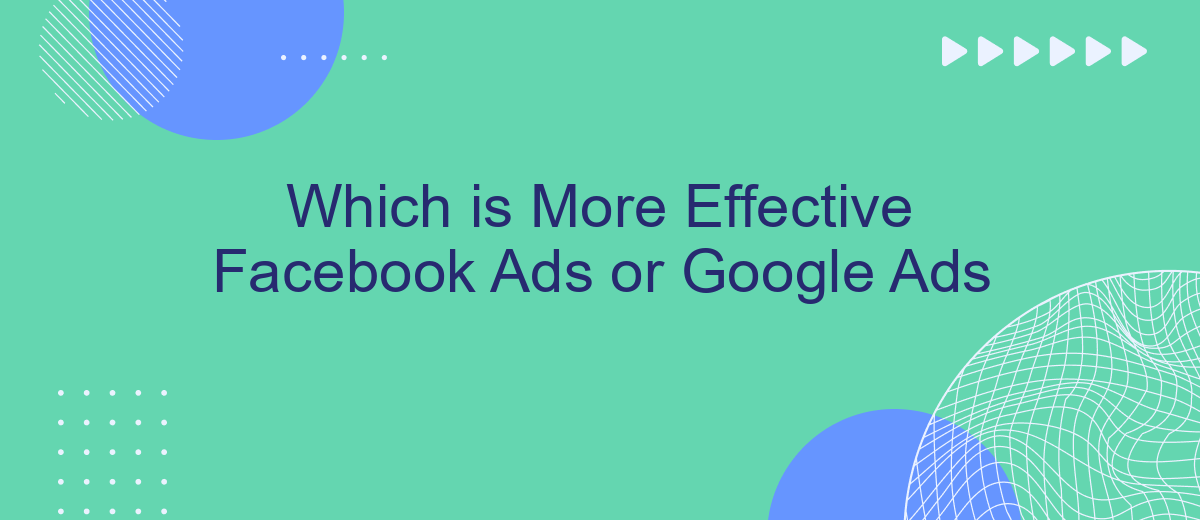In the ever-evolving landscape of digital marketing, businesses are constantly seeking the most effective ways to reach their target audiences. Two of the most popular platforms for online advertising are Facebook Ads and Google Ads. But which one offers better results? This article delves into the strengths and weaknesses of each, helping you determine the best fit for your marketing goals.
Facebook Ads vs Google Ads Effectiveness
When it comes to digital advertising, both Facebook Ads and Google Ads offer unique benefits and can be highly effective, depending on your business goals. Facebook Ads are known for their advanced targeting capabilities, allowing advertisers to reach specific demographics based on interests, behaviors, and connections. On the other hand, Google Ads excel in capturing intent-driven searches, making them ideal for businesses looking to attract customers actively searching for their products or services.
- Targeting: Facebook Ads provide detailed demographic and interest-based targeting, while Google Ads focus on keyword targeting.
- Ad Formats: Facebook offers a variety of ad formats, including image, video, and carousel ads. Google Ads primarily use text ads, but also offer display and video options.
- Cost: Generally, Facebook Ads tend to be more cost-effective, but this can vary based on industry and competition.
- Integration: Tools like SaveMyLeads can help streamline the integration of both platforms into your CRM, ensuring seamless lead management.
Ultimately, the effectiveness of Facebook Ads vs. Google Ads depends on your specific marketing objectives and target audience. Businesses may find that a combination of both platforms often yields the best results, leveraging the strengths of each to maximize reach and engagement.
Reach and Targeting Capabilities

When it comes to reach and targeting capabilities, both Facebook Ads and Google Ads offer robust options, but they cater to different types of audiences and marketing objectives. Facebook Ads excels in demographic and interest-based targeting. It allows advertisers to hone in on specific user characteristics such as age, gender, interests, and behaviors. This makes it particularly effective for businesses looking to build brand awareness and engage with a highly segmented audience. Additionally, Facebook's Lookalike Audiences feature enables advertisers to reach new users who are similar to their existing customers, further enhancing targeting precision.
Google Ads, on the other hand, shines in intent-based targeting. By leveraging keyword searches, Google Ads can place ads in front of users actively seeking information or solutions related to your products or services. This makes it ideal for capturing high-intent leads and driving direct conversions. Furthermore, integrating services like SaveMyLeads can streamline the process of capturing and managing leads from Google Ads, ensuring that your marketing efforts are both efficient and effective. While both platforms have their strengths, the choice between them should be guided by your specific marketing goals and the nature of your target audience.
Ad Formats and Customization Options

When it comes to ad formats and customization options, both Facebook Ads and Google Ads offer a range of choices to suit different marketing needs. Understanding these options can help businesses create more effective and engaging campaigns.
- Facebook Ads: Facebook offers various ad formats including image ads, video ads, carousel ads, slideshow ads, and collection ads. These formats allow for rich media content that can engage users in different ways. Customization options include audience targeting based on demographics, interests, and behaviors, as well as advanced features like Lookalike Audiences and Custom Audiences.
- Google Ads: Google provides ad formats such as search ads, display ads, video ads, shopping ads, and app promotion ads. These formats enable businesses to reach users across Google Search, YouTube, and the Google Display Network. Customization options include keyword targeting, location targeting, and device targeting, along with features like Smart Bidding and Ad Extensions.
Both platforms also support integration with third-party services to enhance ad performance. For instance, SaveMyLeads allows seamless integration of lead data from Facebook Ads into various CRM systems, ensuring that businesses can efficiently manage and follow up on leads. This level of customization and integration can significantly optimize advertising efforts and ROI.
Tracking and Analytics

Tracking and analytics are crucial for determining the effectiveness of your advertising campaigns on both Facebook and Google. Both platforms offer robust tools to help you monitor performance, optimize your ads, and understand your audience better.
Facebook Ads Manager and Google Analytics are the primary tools for tracking and analyzing ad performance on their respective platforms. These tools provide detailed insights into metrics such as click-through rates (CTR), conversion rates, and return on ad spend (ROAS). However, integrating these metrics into a unified dashboard can be challenging.
- Facebook Ads Manager: Tracks ad performance on Facebook and Instagram.
- Google Analytics: Monitors website traffic and user behavior.
- SaveMyLeads: Automates the integration of Facebook leads into your CRM or other tools.
Using services like SaveMyLeads can simplify the integration process, allowing you to automatically transfer lead data from Facebook Ads to your CRM or other marketing tools. This helps in maintaining a seamless workflow and ensures that you can act on your leads promptly, ultimately improving the efficiency of your ad campaigns.
Cost and Value for Money
When it comes to cost and value for money, both Facebook Ads and Google Ads offer distinct advantages depending on your business goals and budget. Facebook Ads generally have a lower cost-per-click (CPC) compared to Google Ads, making it a more budget-friendly option for businesses looking to reach a broad audience. The platform's advanced targeting options allow advertisers to fine-tune their campaigns to specific demographics, interests, and behaviors, ensuring that your ad spend is used efficiently. Additionally, tools like SaveMyLeads can help streamline the integration process, making it easier to manage your ad campaigns and capture leads directly into your CRM system.
On the other hand, Google Ads often deliver a higher return on investment (ROI) for businesses targeting users with high purchase intent. Since Google Ads appear when users search for specific keywords, they are more likely to convert into sales or leads. However, this higher conversion potential comes at a cost, as the CPC for competitive keywords can be significantly higher. Despite the higher initial investment, the precision targeting and robust analytics provided by Google Ads can offer substantial long-term value. Utilizing services like SaveMyLeads can further enhance your efficiency by automating lead capture and ensuring seamless integration with your existing marketing tools.
FAQ
What are the key differences between Facebook Ads and Google Ads?
Which platform is more cost-effective, Facebook Ads or Google Ads?
How can I automate and integrate my ad campaigns on Facebook Ads and Google Ads?
Is one platform better for B2B marketing and the other for B2C marketing?
Can I use both Facebook Ads and Google Ads simultaneously?
What do you do with the data you get from Facebook lead forms? Do you send them to the manager, add them to mailing services, transfer them to the CRM system, use them to implement feedback? Automate all of these processes with the SaveMyLeads online connector. Create integrations so that new Facebook leads are automatically transferred to instant messengers, mailing services, task managers and other tools. Save yourself and your company's employees from routine work.
